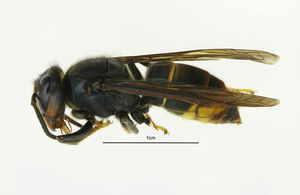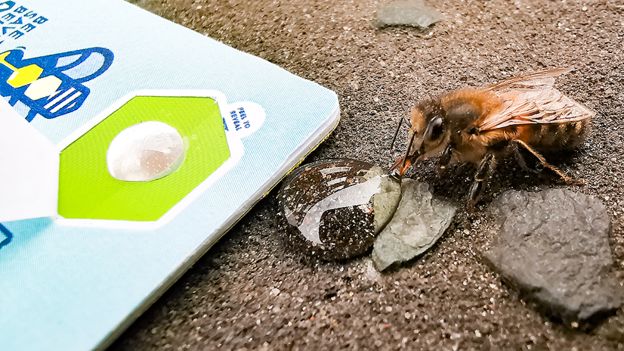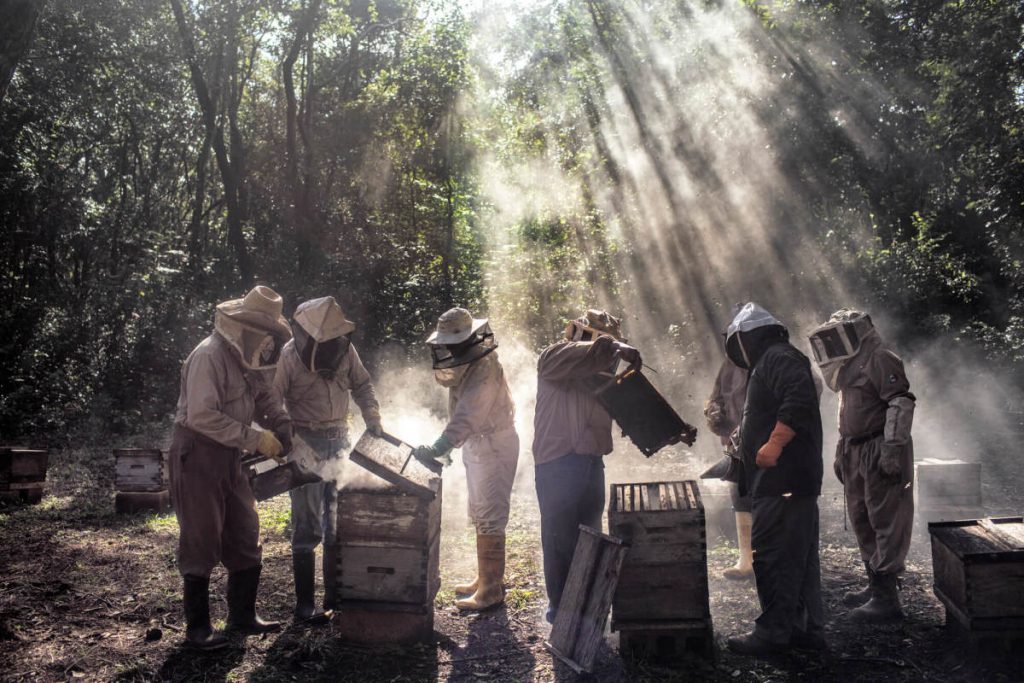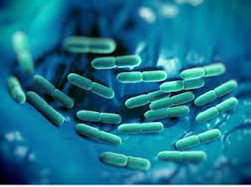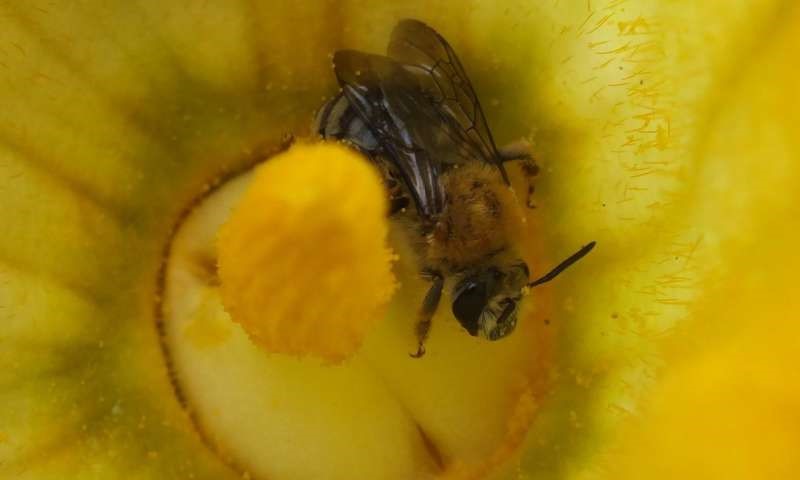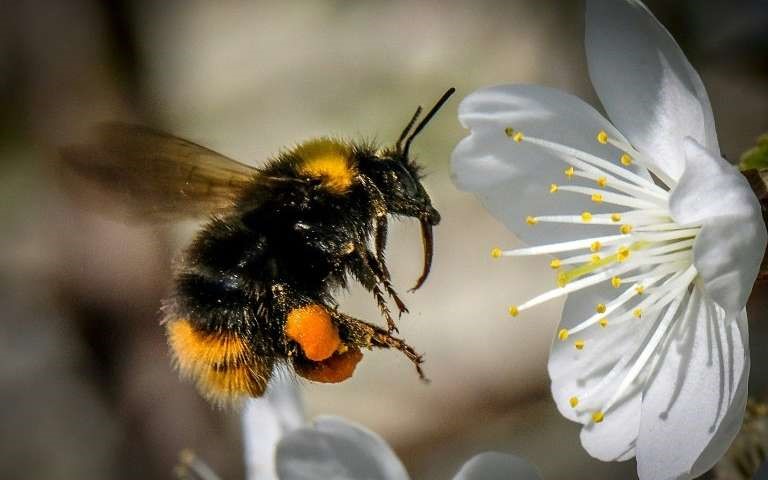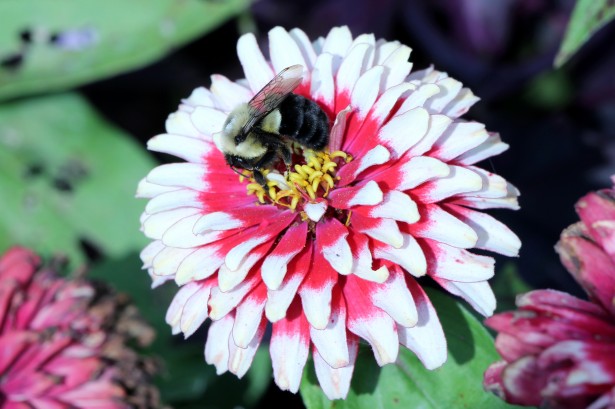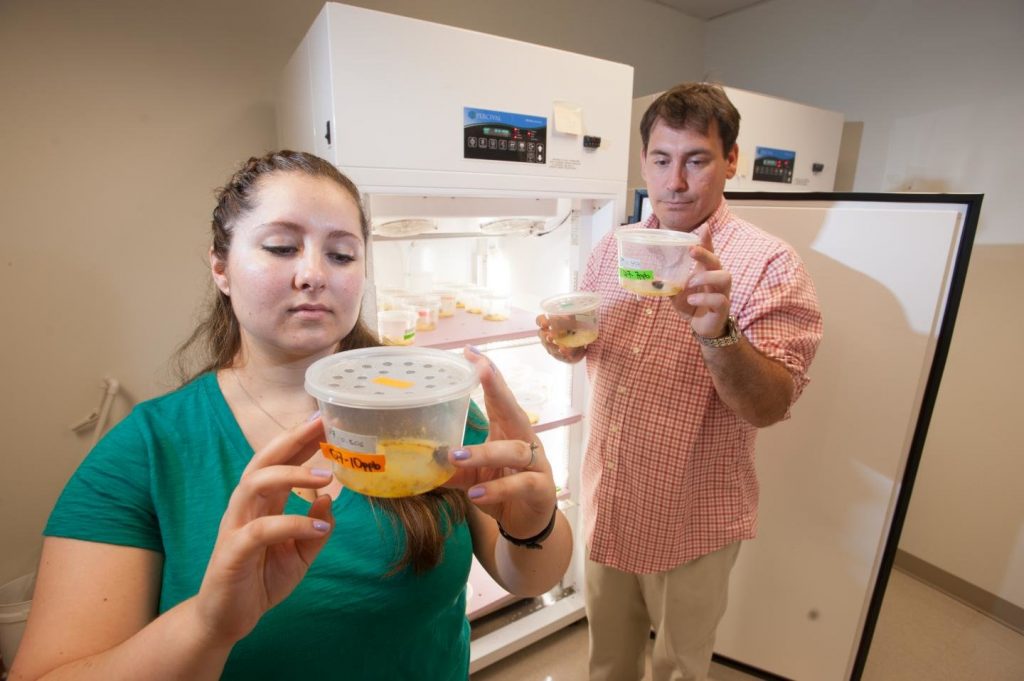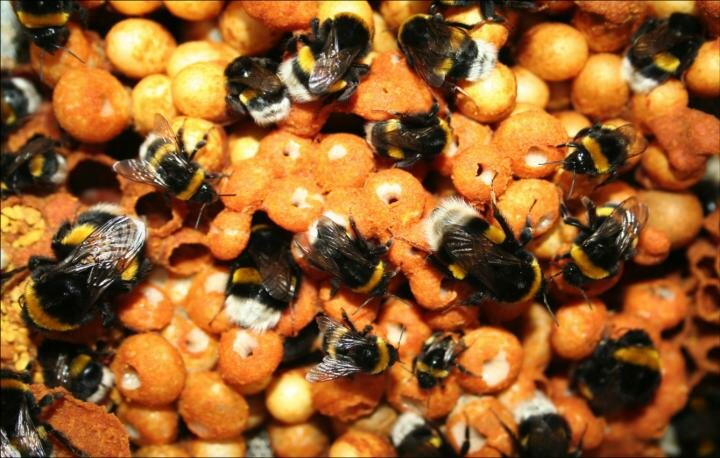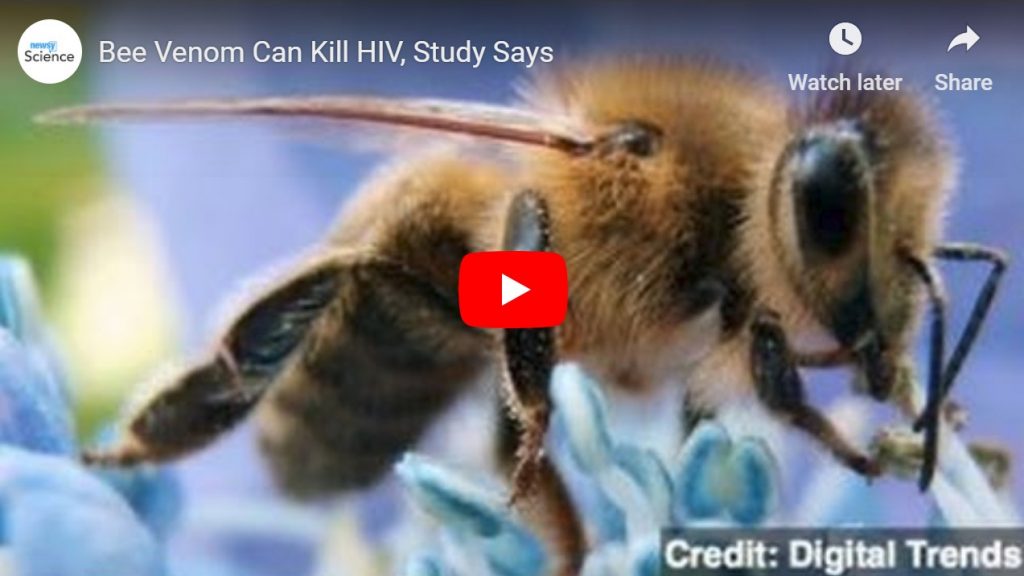The National Bee Unit has today (Wednesday 3 July 2019) confirmed a sighting of an individual, female Asian hornet in New Milton, Hampshire, after it was reported by a member of the public. Based upon visual examination, the hornet is likely to be a queen. Monitoring is underway to detect any other Asian hornets in the vicinity […]
First UK sighting of Asian Hornet in 2019
